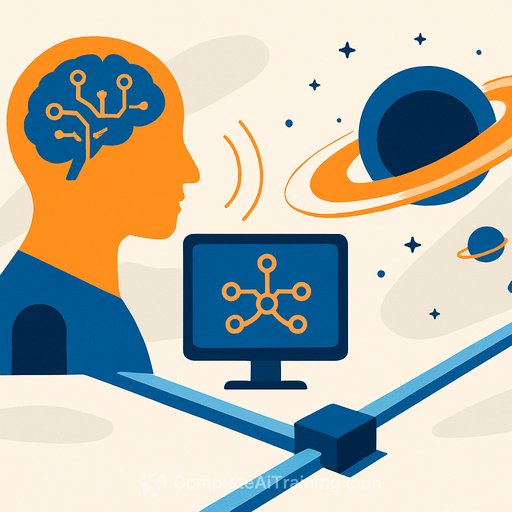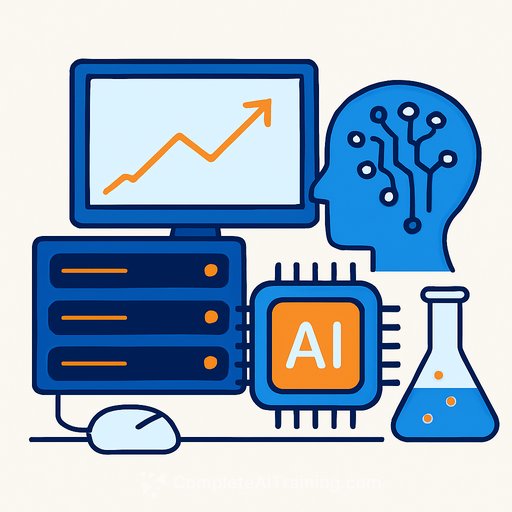Artificial Intelligence Helps Boost LIGO
September 04, 2025
The Laser Interferometer Gravitational-Wave Observatory (LIGO) has taken a significant step forward with the integration of a new artificial intelligence algorithm. This development focuses on reducing unwanted noise in the detectors, which can obscure the faint signals generated by cosmic events such as black hole mergers.
Gravitational wave detection requires extreme sensitivity, but background noise has long posed challenges in isolating real signals. The new AI-driven method filters out these disturbances more effectively, improving the clarity of the data and increasing the likelihood of identifying additional black hole collisions.
How AI Enhances LIGO's Detection Capability
- AI algorithms analyze the detector data in real time, distinguishing noise from genuine gravitational wave signals.
- They adapt to varying noise patterns, allowing LIGO to maintain high sensitivity under different environmental conditions.
- The improved signal-to-noise ratio can lead to more frequent and accurate detections, expanding our knowledge of black hole populations.
These advancements suggest a promising future for gravitational wave astronomy. As AI continues to refine data processing, researchers can expect to uncover more details about the universe’s most extreme events.
For professionals interested in the intersection of AI and scientific research, exploring specialized courses on AI applications in data analysis can be valuable. Resources like Complete AI Training’s skill-based courses offer practical insights into building and applying AI models for complex datasets.
Your membership also unlocks:





